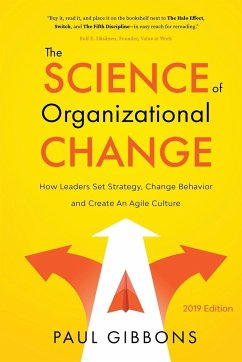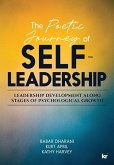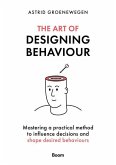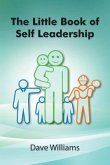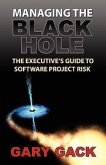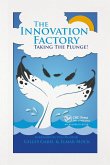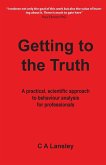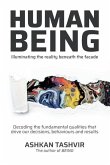"The best book on change I've ever read..." (Bank CEO) "The best book on change in fifteen years, perhaps longer..." (Organization Development consultant) Leaders need guidance on leading change grounded in the latest science, not 20th-century myths. In this updated 2019 edition of The Science of Organizational Change, Paul takes us on a journey from change mythology, from New Age change ideas, from "reports in drawers", and from pop psychology up to the present. In the first comprehensive treatment of behavioral science in business, you'll learn which cognitive biases caused the 2008 Financial Crisis, Enron, and the Deepwater Horizon. Later in the book, you'll discover how evidence-based management is helping leading businesses including Google. The author's 30-year career, scholarly approach, but without dry academic writing make this book a must-read for all managers interested in change. Few authors incorporate findings from psychology, sociology, medicine, philosophy of science, ethics, public policy, economics, and mathematics into books on change. Fewer still do it in an interesting way. Read case studies from Cisco, Intel, Nokia, BP, Shell, Barclays, British Airways, Comcast, and PwC - all former clients of the author where he advised at C-suite level.
Hinweis: Dieser Artikel kann nur an eine deutsche Lieferadresse ausgeliefert werden.
Hinweis: Dieser Artikel kann nur an eine deutsche Lieferadresse ausgeliefert werden.

